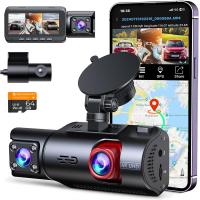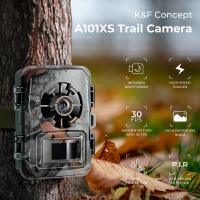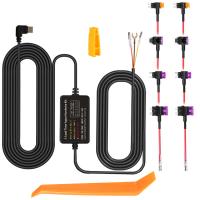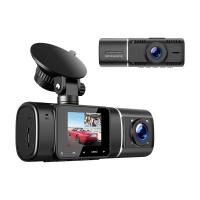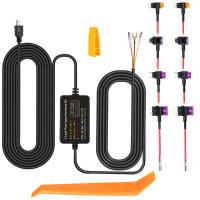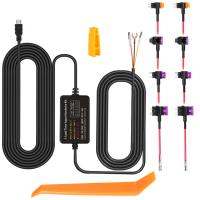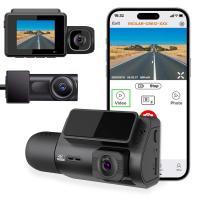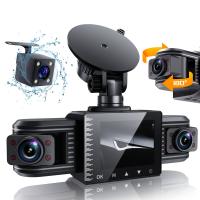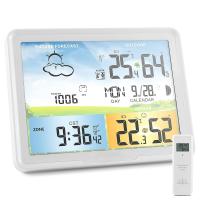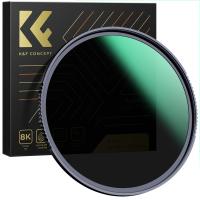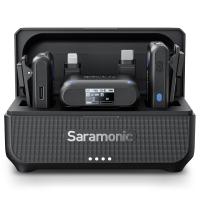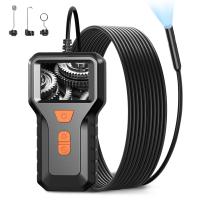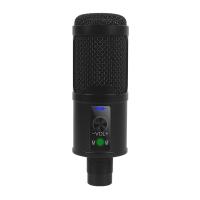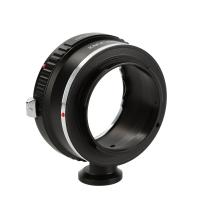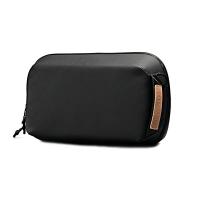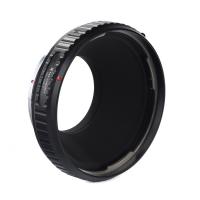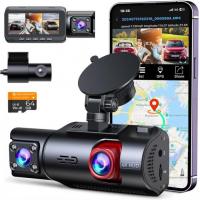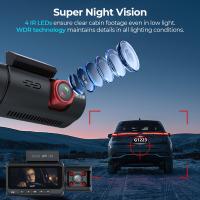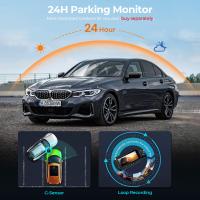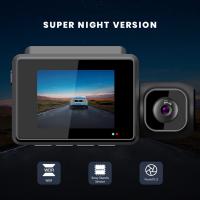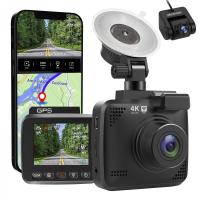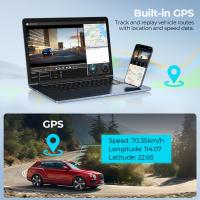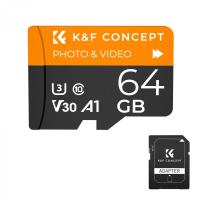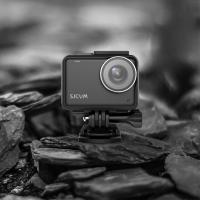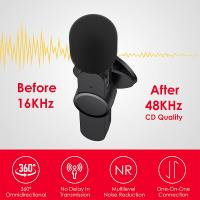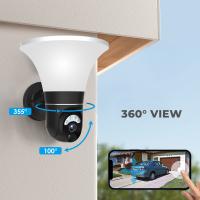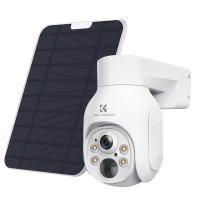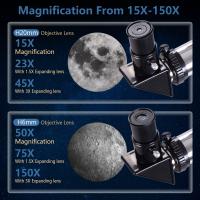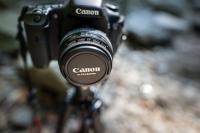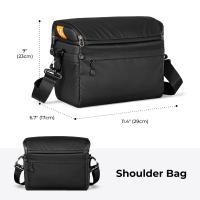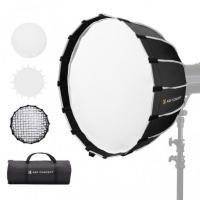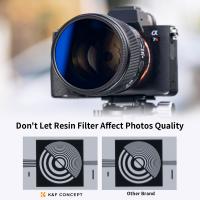What Do You Need In A Dash Cam?
The market for dash cams has seen exponential growth over the past decade. Initially popularized in countries like Russia for insurance purposes, these compact cameras have now become a global necessity for safety-conscious drivers. Whether you are using it to provide evidence in case of an accident, to protect against insurance fraud, or simply to record scenic drives, choosing the right dash cam can be quite overwhelming, given the wealth of options available. This article aims to break down the essential features and considerations you should keep in mind to make an informed purchase.
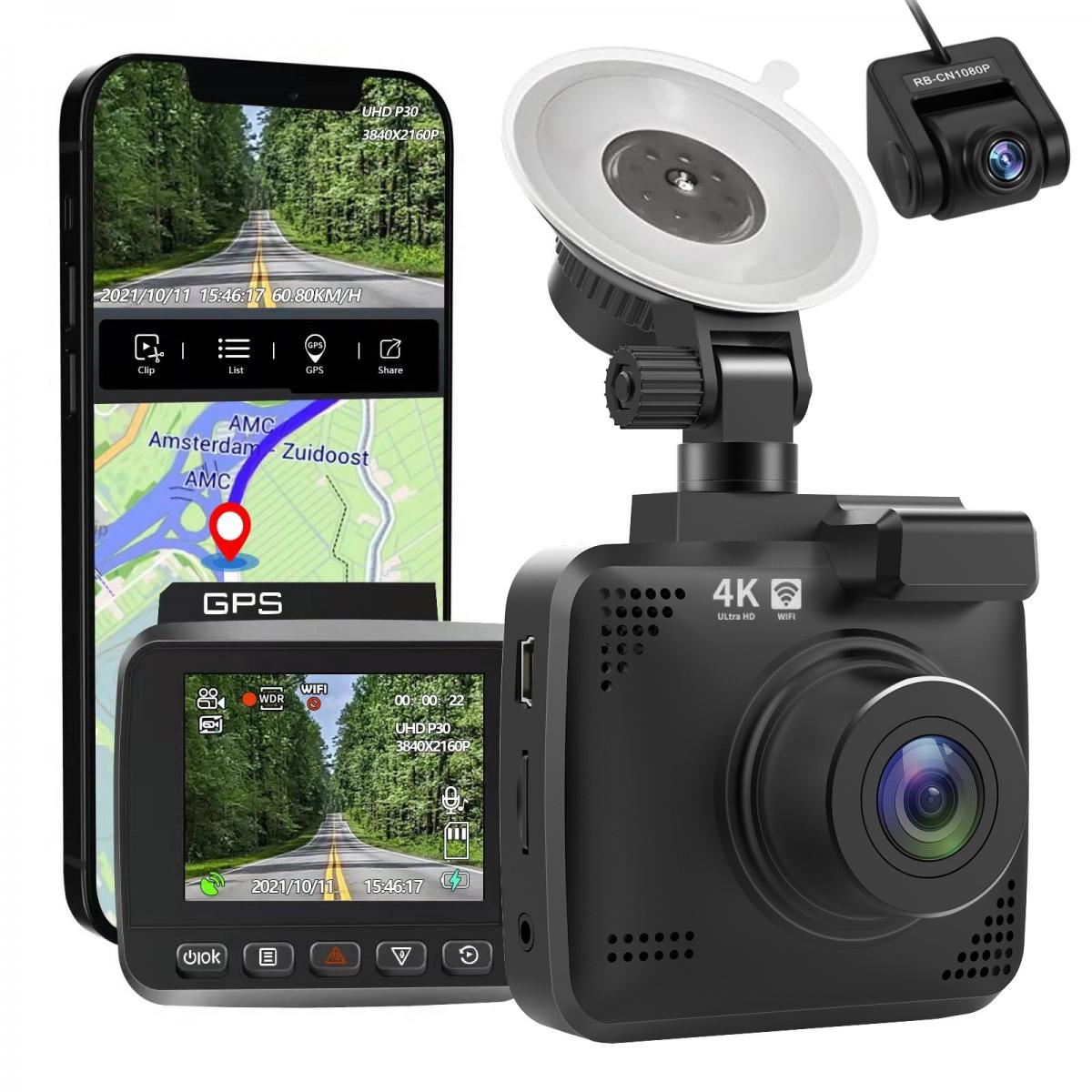
1. Video Quality
- Resolution: The most critical feature of any dash cam is its video quality. The minimum you should aim for is 1080p Full HD. Higher resolutions such as 1440p or even 4K offer better clarity and detail, which can be crucial for capturing license plates and other critical details.
- Frame Rate: Another key component of video quality is the frame rate. Look for dash cams that offer at least 30 frames per second (fps). Higher frame rates provide smoother video and are better for capturing fast-moving objects.
- Night Vision: Many accidents happen during low light conditions, so a dash cam with excellent night vision capabilities is a must. Look for models that feature infrared LEDs or advanced sensors to enhance night-time recording.
2. Field of View
The field of view (FOV) determines how much of the road ahead the camera can capture. A wider FOV, generally between 120° and 170°, is preferred as it captures more of the surrounding environment. However, be cautious of too wide a field of view as that can sometimes lead to a fisheye effect, distorting the video.
3. Storage Capacity
Dash cams usually offer two types of storage options: internal storage and expandable microSD cards. Opt for a dash cam that supports at least a 32GB microSD card, although 128GB or higher is ideal, especially for higher resolution recordings. Additionally, some dash cams provide loop recording features where the oldest footage is overwritten once the storage is full.
4. Power Supply
- Battery: Dash cams with built-in batteries are convenient but generally have less reliability due to high temperatures inside a parked car.
- Capacitor: Dash cams powered by capacitors are more reliable in extreme heat but tend to be more expensive.
- Hardwiring: Some advanced models offer hardwiring options that enable continuous power, even when the vehicle is off.
5. GPS and Speed Tracking
Integrated GPS allows a dash cam to record your driving route and speed. While this feature often costs extra, it is invaluable for providing context and proof in case of an incident. Speed tracking can also help in understanding vehicle behavior before an accident.
6. Advanced Driver Assistance Systems (ADAS)
Some high-end dash cams come with ADAS functionalities like collision warnings, lane departure warnings, and driver fatigue alerts. While these features are not a replacement for responsible driving, they can add an extra layer of safety.
7. Wi-Fi and Smartphone Connectivity
Dash cams equipped with Wi-Fi can connect to your smartphone, making it easy to view and download footage without removing the memory card. This feature is especially beneficial for quickly sending video evidence to your insurance company or the authorities.
8. Parking Mode
A dash cam with a parking mode feature can start recording when motion or impact is detected while your vehicle is parked. This can be a lifesaver if your car is involved in a hit-and-run while you are away.
9. Installation and Mounting Options
- Suction Mount vs. Adhesive Mount: Suction mounts offer more flexibility and can be easily moved between different vehicles, whereas adhesive mounts provide a more permanent solution and are less likely to fall off.
- Wiring: Check how easy it is to hide the wiring within your car interior. Some dash cams come with trim tools and long cables for a cleaner installation.
10. Brand and Warranty
When investing in a dash cam, it’s wise to go for reputable brands that provide good customer support and at least a one-year warranty. Brands like Garmin, BlackVue, and Nextbase are often recommended for their reliability and customer service.
11. Price
The market is flooded with dash cams ranging from $50 to over $500. Determine the features you absolutely need and set a budget accordingly. While cheaper models may lack advanced functionalities like Wi-Fi and GPS, they still fulfill the basic requirement of recording your drives.
Conclusion
A dash cam is a small investment that can save you significant trouble and money in the long run. By considering factors such as video quality, field of view, and advanced features like GPS and parking mode, you can find a dash cam that suits your needs perfectly. With the right dash cam, you get peace of mind knowing that you have a reliable witness in case of any unfortunate incidents on the road. So, take the time to research and choose wisely—your future self will thank you.


